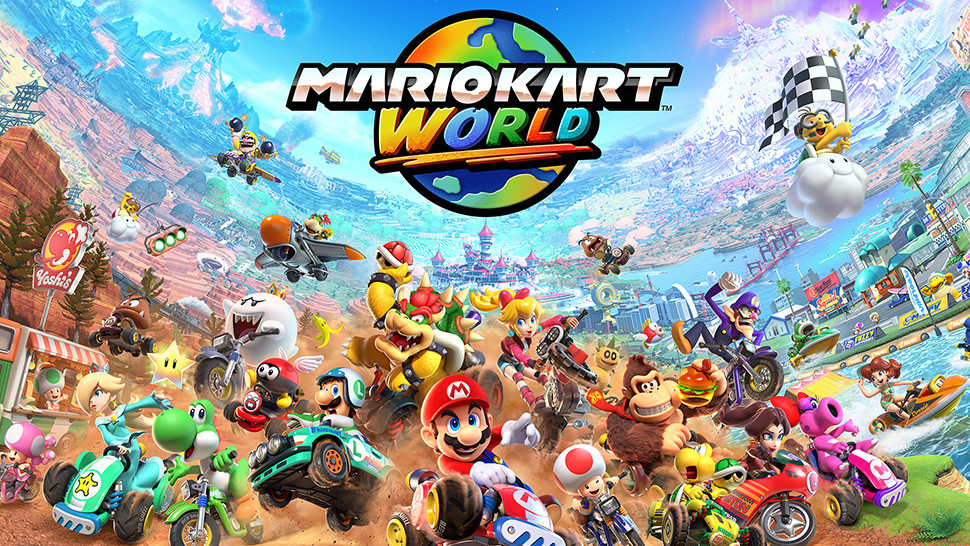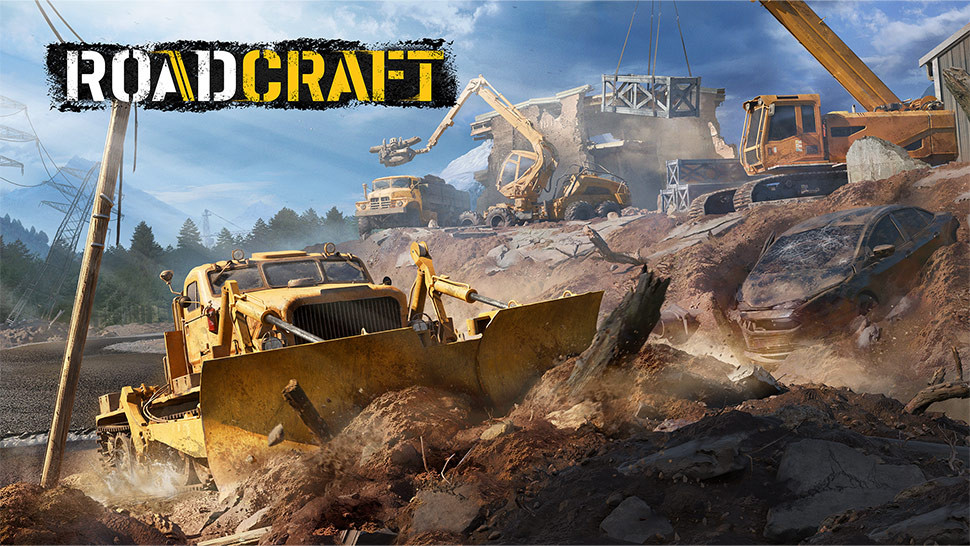Tropico 6 Review

 By Kevin Mitchell | Apr 2, 2019
By Kevin Mitchell | Apr 2, 2019
After a five-year absence, the most consistent construction management simulation series in the last decade has returned for a sixth title in the franchise—the fourth from publisher Kalypso Media. Starring the most (in)famous dictator in the Caribbean, El Presidente, as the leader of a tiny remote island nation. Once again, you are tasked with overseeing all valuable aspects of your country, from housing to entertainment, all while managing your citizens' needs and desires across four unique eras. ¡Viva El Presidente!
Tropico 6 doesn't reinvent the series but naturally evolves the core gameplay that fans have come to expect over the years. However, some small changes leave a lasting impact on how you'll develop your tropical nation. Instead of focusing on one main island, Tropico 6 allows you to expand your society across smaller sets of islands. Thanks to the inclusion of bridges and tunnels that can be connected to your central city location, you can quickly gather resources from outlying areas. Steep mountains and rivers are no longer a roadblock, as you can tunnel and build bridges through and over them, granted you have researched the technology and reached the required era.
The campaign in Tropico 6 follows the rise of the dictator from his meager beginning as a lowly governor serving The Crown. Objectives and other requests come from multiple sources, giving you options to increase your favor with the Empire or with the revolutionaries praying for the day when you will declare independence. As you are not yet your own nation during the colonial era, you must complete any political request from the Lord in charge of the island; otherwise, you'll have to restart or load a previous save. This wasn't initially clear, and I ended up in an unwinnable loop where I didn't have enough time to complete an export priority from the autosave location and wasn't able to declare independence.
At the same time, you'll want to bolster your forces to turn against the Empire and win the hearts of your people. Maybe you'll want to construct a pirate's cove to secretly smuggle gold away from the tyranny of The Crown and keep it for your young nation, or create new ways to generate necessary supplies. There is a fine line between keeping the population happy with a steady amount of food, work, entertainment, and protection against crime. The overlays do a great job of showing you exactly what and where you need improvements. The color-coded overlays certainly play a significant role in how you develop your economy based on the available natural resources. If one of the islands has a considerable surplus of sugar cane, rum flows like water, improving the happiness of your citizens as well as working as a major export to line your treasuries with gold.
Things aren't always that black and white, however, as you must be dutiful in figuring out the needs of the nation. Why aren't your storerooms full of corn? Why is it taking months to complete simple construction? Do you lack housing near places of employment? Can workers support their families with current salaries? Did the latest edict have a negative effect that you weren't expecting? Is it worth avoiding a war with a world superpower at the cost of your own citizens' freedom? These are the questions that are constantly rotating through my mind. If you are like me, you'll be continually juggling a queue of buildings under construction. When cash begins flowing steadily, you may opt to complete construction by spending some money instantly. If you can't spare the extra money, the priority order informs the workers which needs to be completed first and which can wait a little longer.
The series has already moved to the modern era years ago in an expansion for Tropico 4 and Tropico 5, but I still get giddy advancing your struggling colonial nation of plantations through the years with shopping malls, space programs, and amusement parks. Heck, why not add a few local fast food joints in for good measure? Eventually, you'll airlift entire world wonders, with the help of some fancy diplomacy, such as the Great Sphinx, the Statue of Liberty, Taj Mahal, and even Hikone Castle.
I've always been of the mind that Tropico is at its best when you are people watching. Although the game offers a 4x speed option, I can count the number of times I've used it on a single hand. There is just something enjoyable and relaxing about watching your workers travel to and from a construction site and slowly seeing progress being made. In Tropico 6, your nation is brimming with life, as every one of your citizens can be viewed and followed through their daily routines. Considering the population limit can be increased to a maximum of 10,000 citizens, that is undoubtedly impressive. Each member has their own needs, desires, and ideas of how the government should run. I have never paid so much attention to trying to appease my people on an individual level before in any game. It also gives you insight into which members of society need to be thrown in jail, have an "accident" at work, or be publicly assassinated for speaking out against the government. Foreign powers and rebel factions are inevitable, and each player will have a different way of handling these situations. A few guard towers with heavy machinery and questionable abuse of power never hurt anyone, right?
I've always seen the campaign portion of the series, and most simulation titles, as an appetizer to the main dish: sandbox mode. Tropico 6 features robust options whether you are playing offline or online multiplayer with up to four players. Instead of some of the asinine political requests that must be completed—such as having multiple taverns or a crazy amount of exports—the requests generally look to improve your island nation. During the campaign missions, you are always given a partially prebuilt country, but in sandbox mode, you genuinely start from scratch (something I still want to do). The map can be preselected from over 20 existing presets, or you can generate and share your archipelago using a wide array of options, such as setting the climate, amount of islands, total land mass, and size. There are a handful of different victory conditions, all of which are quite standard for a strategy game.
Simply Put
Tropico 6's evolution and depth take the series to new heights, or in this case, new islands, stretching your nation across multiple islands with the inclusion of advanced traverse options. Throughout lengthy sessions, the game's soundtrack may seem a bit repetitive, but it is so easy to catch yourself humming along even after you've exited the game. I've already put dozens of hours into the sandbox mode thanks to the randomization options and can see myself putting many, many more in the future, especially with the planned upcoming downloadable content/expansions that will surely elevate the experience even further.
Note: Tropico 6 was reviewed on PC. A digital copy of the game was provided by the publisher/developer.




